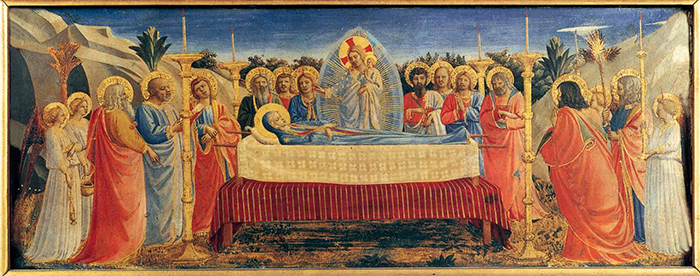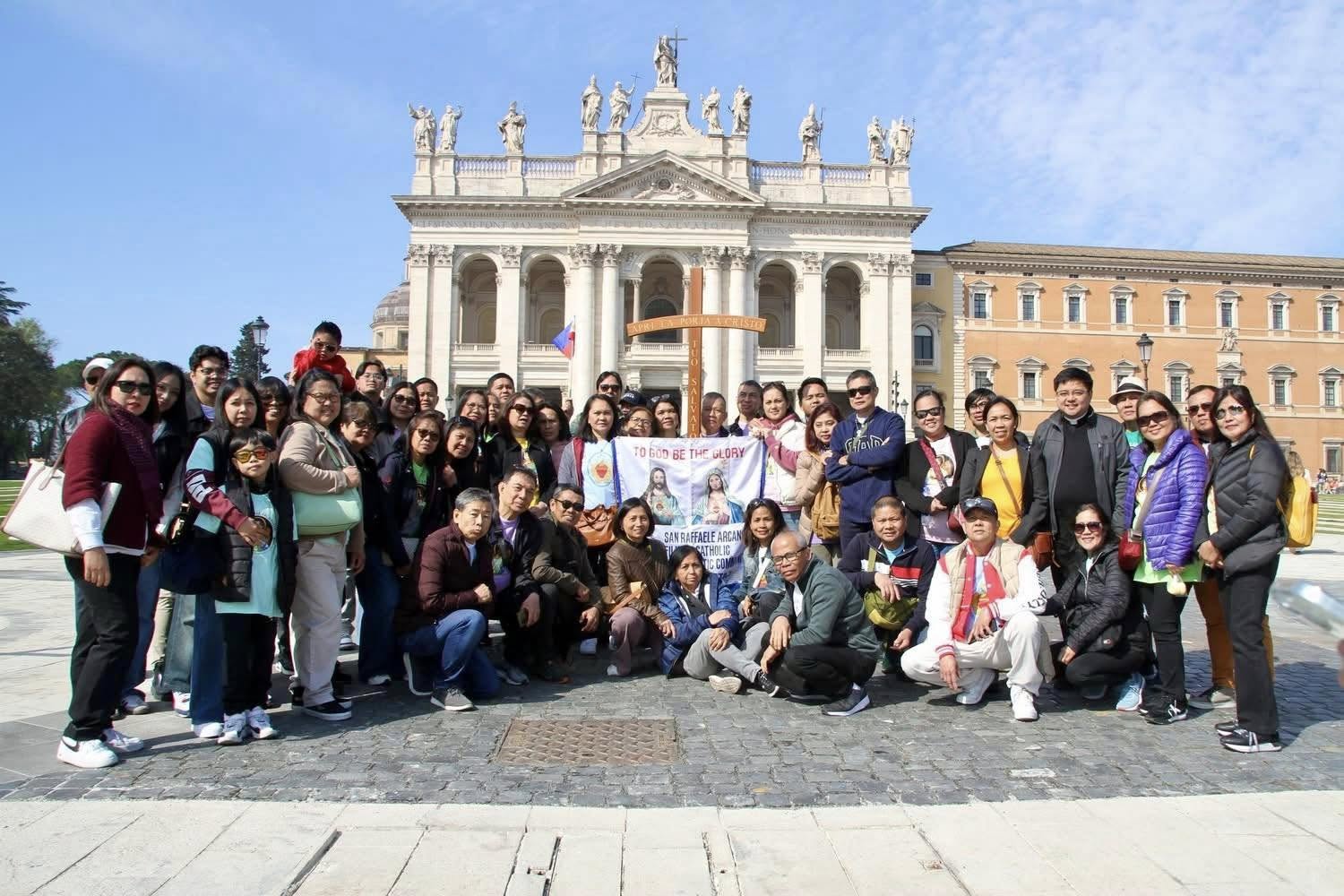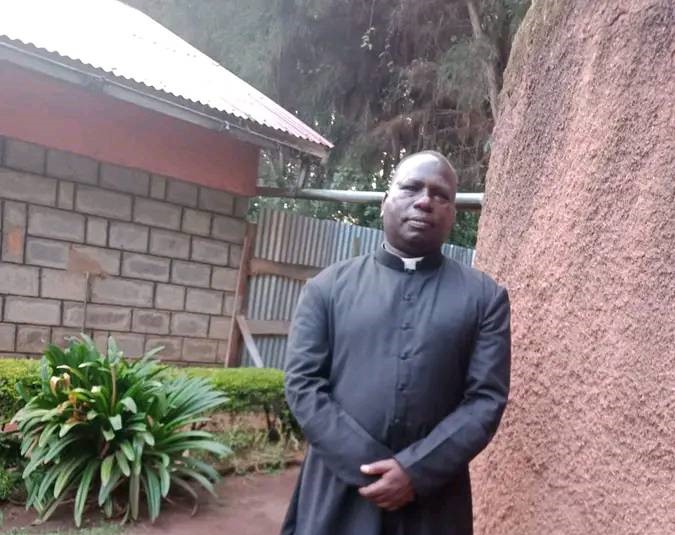Fr. Jijo Kandamkulathy CMF
Claretian Publications Macau
15 August 2021 – Assumption of the Blessed Virgin Mary
Lk 1:39-56
The gospel on the Solemnity of Assumption is the Magnificat of Mary. In this song of praise, Mary glorifies God for the marvelous things He has done to her and the whole of Israel.
The best commentary to this text I have heard is of someone who preached at gunpoint. It was the tumultuous 70’s of Argentina. A right-wing Military Junta had taken control of Argentina. One of the Claretian priests was running clandestine Masses in a Church for university students against the orders of the Junta. Unfortunately, the Junta sneaked into one of those Masses, and the gospel of the day was the Magnificat.
At the end of the Mass, the militia interrogated the priest on the author of the revolutionary poem. He named the woman who lived nearly two thousand years ago to the chagrin of the militia who regretted having to save the bullet they had prepared to blow his head. Magnificat is a liberation song, a song of poetic justice. A song of an oppressed people who dare to hope in the darkness that the power of God will raise them from their humiliation and despair. It speaks about God showing the strength of his arm, scattering the proud, raising the lowly, deposing the rulers and crowning the humble, feeding the hungry, and sending the rich empty-handed. What could be more challenging to those wielding power!
The Magnificat is not only Mary’s song but that of the whole of Israel. When Israel was under Roman rule, there was an expectation of the Messiah in the air. Elizabeth confirms to Mary that she was going to be the mother of that Messiah. So, Mary is singing the song of liberation of the children of Israel. Eventually, a mystery would be revealed that Mary was singing the liberation of humanity from the rule of sin, eternal redemption, and return of the fallen humanity. The original fall is narrated to have begun from Eve, the first woman. Now, the new woman is assumed to heaven, signifying the possibility of the return of humanity to its original goodness.
Mary knew the song of Hannah from the Old Testament (1 Sam. 2). The song has some changes in today’s available text. Either the song was used in the way Mary sang, or Mary improvised it in response to the new situation of Israel. The song of liberation is as much Elizabeth’s as it is of Mary’s. Both women have experienced liberation from oppressing situations. I would have loved to hear this as a duet in an opera, Elizabeth and Mary singing together their stories of liberation.
Elizabeth, much like Hanna, was afflicted for being barren, and getting a child in her old age was a liberation from the curse of barrenness. Mary also had her liberation. The young lady was going to meet Elizabeth with an ambivalent mind. She had told Joseph about the encounter with the angel, and he had not believed the story, and Mary knew he was contemplating a divorce. She was going to Elizabeth knowing the possibility of a death penalty for adultery or, at best, the prospect of living single parenthood. She was distressed, to say the least. It is to this woman that Elizabeth says, “Blessed are you among women,” hearing the exact words she heard from Gabriel and being called the mother of the Lord, Mary just heard the confirmation of the miracle that she was carrying. That one spiritual advice made her pursed lips spring forth into a song of liberation.
Every journey in the Bible is mentioned as a preparation for a significant revelation. So, this journey was a plot set to bring together the two New Testament leading men even as they were in the womb. It also brings these two women to sing the revelation of God’s plan to turn over the standards of this world and establish the standards of the Kingdom of God to raise the poor, the humble, the childless, the unwanted.
Mary’s ultimate reward was received in her assumption. For a fragile and broken humanity, the assumption is a sign and promise for wholeness not only on earth but also in the life after. Mary’s assumption is an invitation to live a life worthy of assumption to the Kingdom of God.


 Follow
Follow


